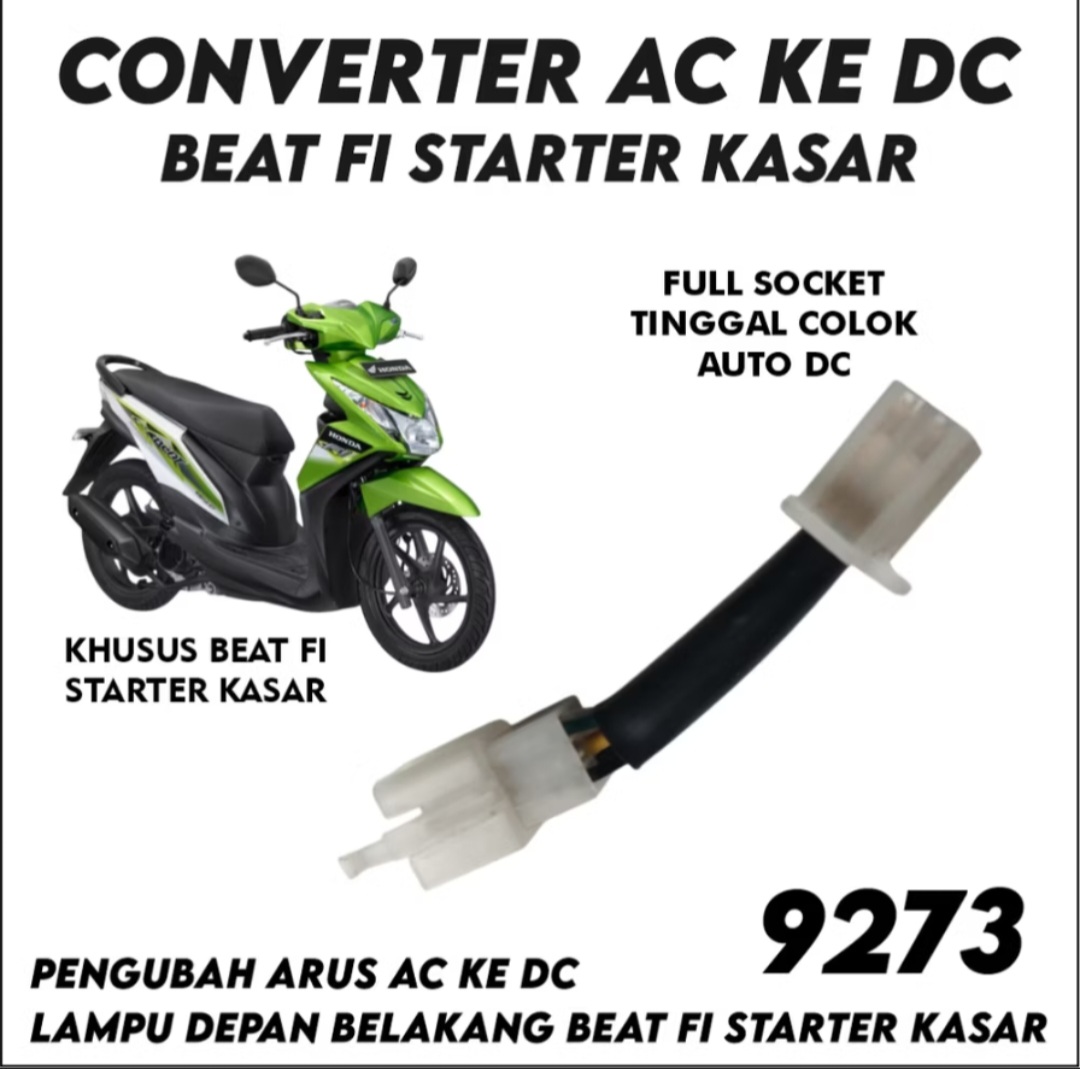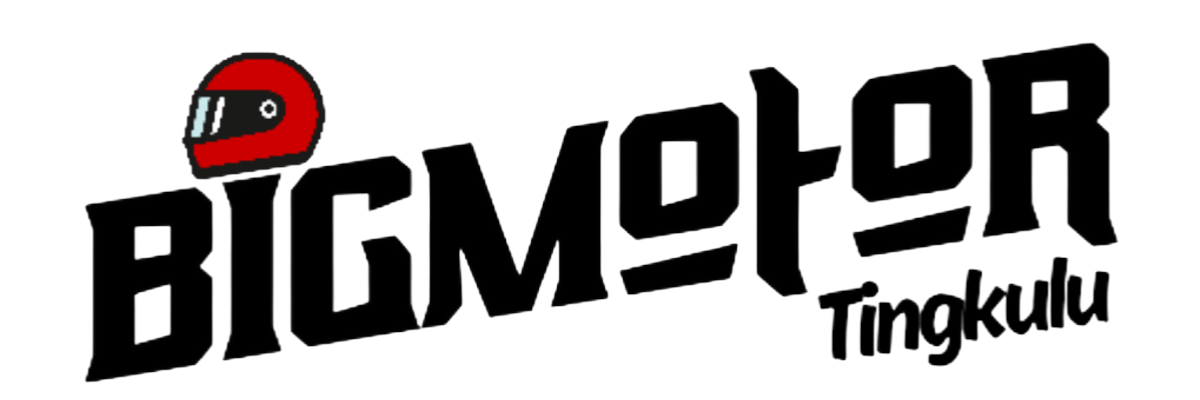
Layanan di BIG Motor
Berbagai layanan perawatan dan perbaikan motor untuk kebutuhan Anda
Servis Rutin
Perawatan berkala untuk menjaga performa motor tetap optimal
- Ganti oli mesin
- Tune up mesin
- Pembersihan karburator
- Cek sistem kelistrikan
Perbaikan Mesin
Diagnosa dan perbaikan masalah mesin motor
- Overhaul mesin
- Ganti piston & ring
- Perbaikan head cylinder
- Service CVT
Perawatan Ban & Velg
Layanan perawatan dan penggantian ban serta velg
- Ganti ban tubeless
- Tambal ban
- Balancing roda
- Perawatan velg
Sistem Kelistrikan
Perbaikan dan perawatan sistem kelistrikan motor
- Ganti aki/battery
- Perbaikan starter
- Service alternator
- Perbaikan lampu
Sistem Rem
Perawatan dan perbaikan sistem pengereman
- Ganti kampas rem
- Service rem cakram
- Ganti minyak rem
- Perbaikan master rem
Pemasangan Aksesoris
Instalasi berbagai aksesoris motor untuk kenyamanan dan keamanan
- Bracket box & tas motor
- Lampu running LED
- Lampu sorot tambahan
- Windshield & visor
Torang Pe Produk
Cek harga dan ketersediaan produk terbaru
Produk Terbaru

Converter AC ke DC
Harga: Rp 50.000
Order SekarangMotor terbaru sekarang rata-rata pake lampu sistem DC, depe ciri-ciri kalo kase ON kontak, lampu langsung manyala, sementara kalo AC musti tunggu mesin manyala dulu baru lampu mo manyala.
Lampu arus DC lebe manyala stabil, nyanda tergantung putaran mesin deng nda beking lampu gampang putus.
Torang pe teknisi boleh skali mo modif dorang om pe motor dari AC jadi DC, mar kalo om suka yang lebe praktis boleh cek ini converter jalur lampu AC ke DC. Ini cocok for yang suka praktis, tinggal colok plug and play, tanpa potong-potong kabel dalam motor. Klo suka mo se bale jadi AC ulang tinggal cabu. Depe harga murah, cuma 50K so bole pasang sandiri di rumah, mar tetap musti buka batok sandiri katu no. Cara tau kalo so berhasil nda salah cucu tinggal pasang kontak, kalo lampu so langsung manyala berarti so ityu karu dia.
Katalog Lengkap
Lihat semua produk dan spare part yang tersedia di bengkel kami
🔍 Cek Semua Barang DisiniArtikel & Tips Perawatan Motor
Hubungi Kami
Jangan ragu for mo hubungi pa torang kapan saja
